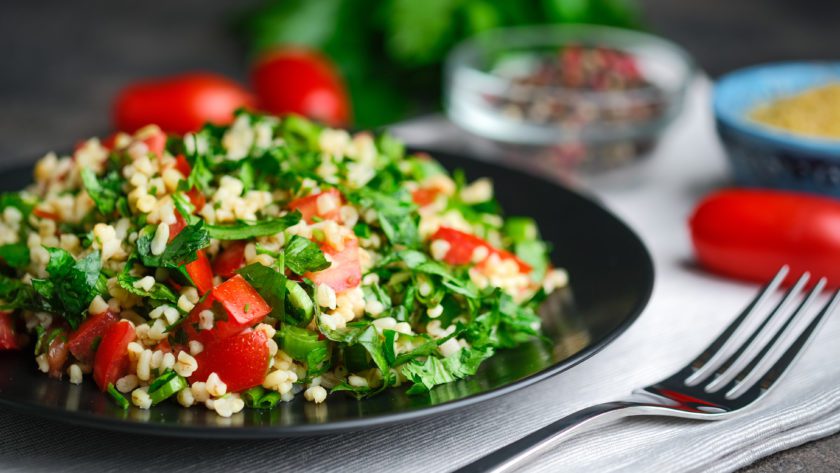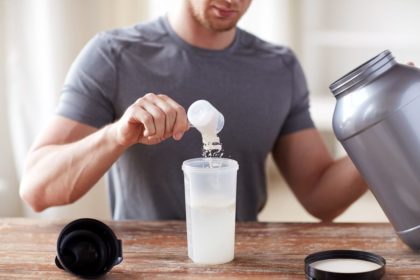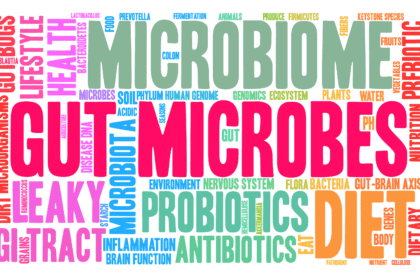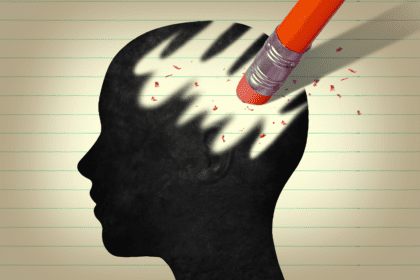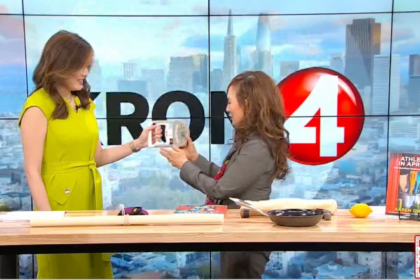You may already know that a healthy diet can help you prevent and treat lifestyle diseases, such as heart disease, high blood pressure, and type 2 diabetes. But there are other surprising ways that food can feed your health and actually remedy conditions common with aging. In this segment, I chat with KRON 4’s Morning News Anchor Marty Gonzalez on are some healthy, anti-aging food fixes.
1. Hearing Loss
Food fix: Eat more high-quality plant-based foods.
Foods that are unhealthy for your heart, such as animal-based foods, refined grains, added sugars, and unhealthy fats can also affect your ears. Adequate blood flow is important for a healthy brain and body — and that includes proper ear function.
A plant-based diet can help:
- Enhance blood flow by improving cholesterol levels and lowering blood pressure.
- Help to protect against oxidative damage and to reduce inflammation due to the antioxidants in plants.
If it’s good for your heart, it’s good for your ears as well.
More than specific foods, though, what seems to be most significant is following a healthy eating plan. In one 2018 study involving more than 81,000 women, those whose diets most closely matched one of three heart-healthy eating patterns had a 30% lower risk of developing hearing loss over the 22-year study period:
- Mediterranean
- Dietary Approaches to Stop Hypertension (DASH)
- 2010 Alternative Healthy Eating Index
What to Do Make it easy and proportion your plate like this:
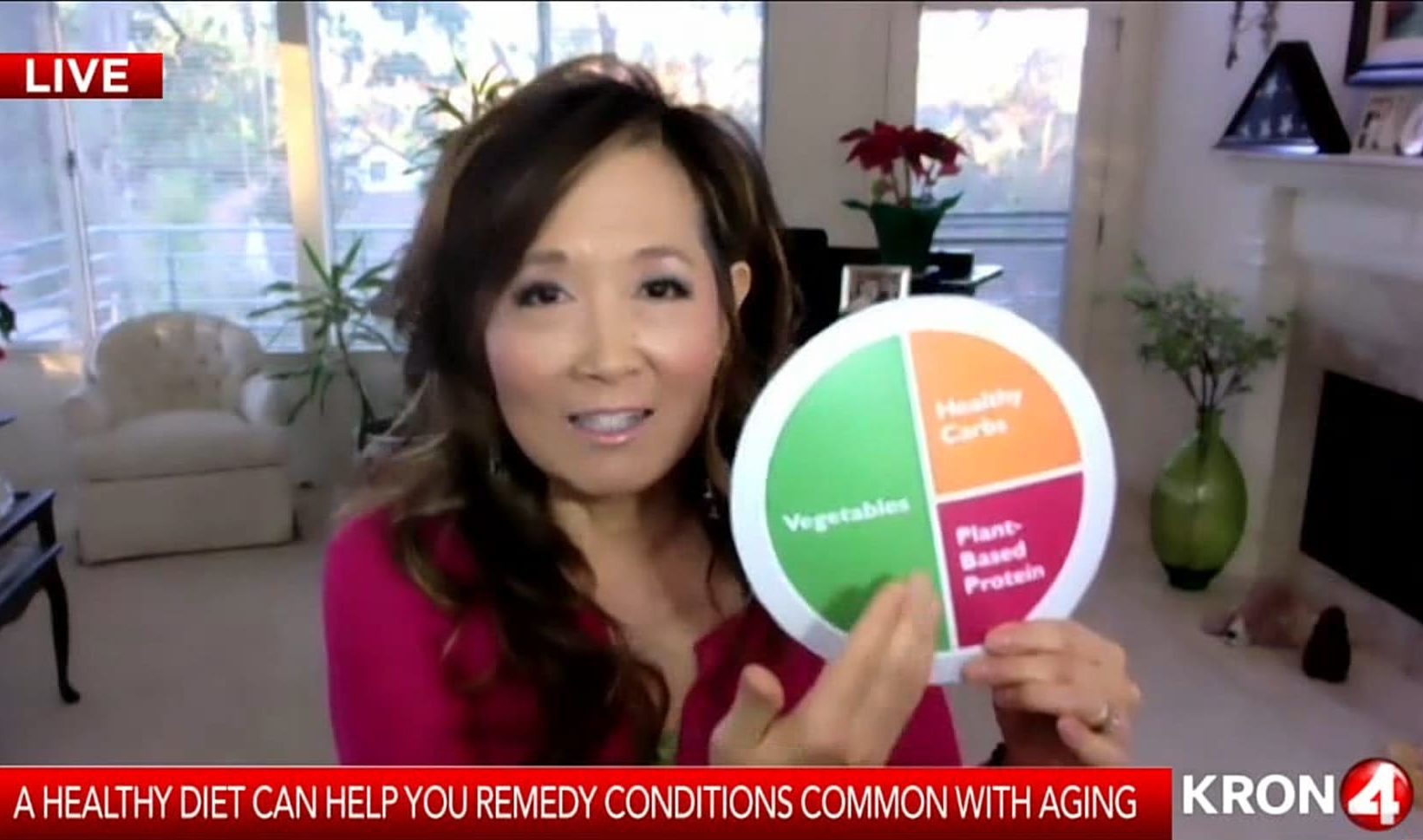
- 1/2 your plate with non-starchy vegetables
- 1/4 with starchy vegetables or whole grains
- 1/4 with plant-based protein (e.g., tofu, lentils, nuts on omega-rich fish 1-2 times per week)
2. Poor Balance
Food fix: Eat enough healthy protein.
One common cause of poor balance and the loss of functional independence is sarcopenia (age-related muscle loss). Muscles cannot stay strong without an adequate intake of protein. Cells MAKE proteins and the cells in your muscles constantly BREAK THEM DOWN.
When you break down more protein than you make, you end up with a loss of muscle mass. Without strong muscles to support your joints, you can’t balance and hold your body erect leaving you at greater risk of having a serious and even life-threatening fall.
Eat Enough Protein
On average, older adults should aim for at least 0.6 gram of protein per pound of body weight per day. (A 150-lb person would need about 90 grams of protein.) Many older adults skip protein in the morning by just eating a piece of toast or a bagel, but it’s important to deliver protein to your muscles throughout the day. Include protein at every meal.
Reduce Inflammation With Plant Foods
Increases in inflammatory compounds can have potent effects on muscle loss. Plant foods contain antioxidants and polyphenols that can help reduce inflammation. In a vitamin C study published in The Journal of Nutrition, older men and women with adequate blood levels of vitamin C (an antioxidant) had an average of 1.6% to 3.4% more muscle mass, respectively, than those with lower levels of the vitamin.

Stay tuned! Coming up next… Part 2 on Food Fixes That Slow Aging

